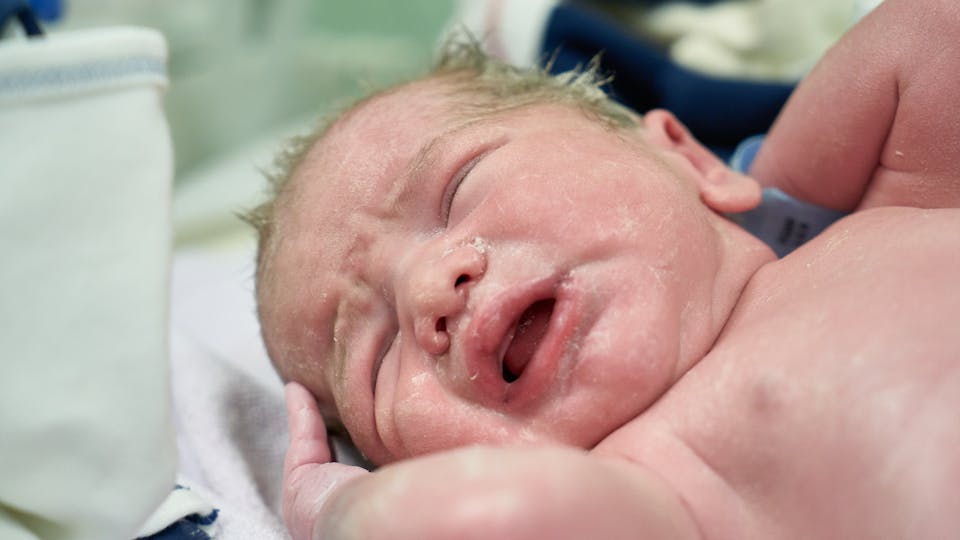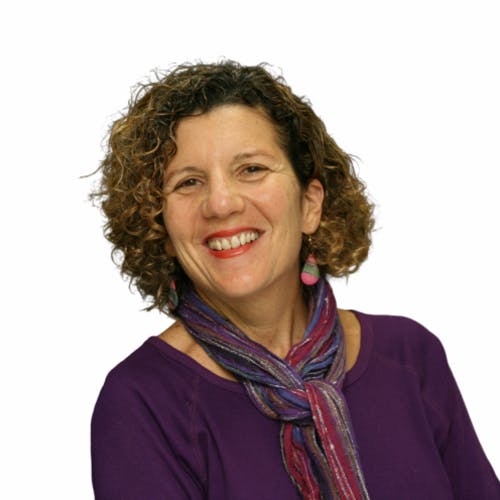Cart
Abortion in Israel
Jan 13, 2021 • By Sandy ShoshaniIn Hebrew, the word for abortion, "Hapala," is ambiguous and may refer to a miscarriage or an induced abortion. This ambiguity in language carries over into the realm of ideas. In Israel, elective abortions are not a major moral issue on the national agenda. They are instead accepted as a natural and necessary form of population control.
According to the Penal Code (1977), it is legal for a woman to have an abortion in Israel if:
The woman is under 17 or over 40. (In practice, the government funds abortions for women under 33 and over 40.)
The baby is conceived out of wedlock.
The baby may have a physical or mental defect.
Continuing the pregnancy will put the woman in physical or mental danger.
In these situations, a government-regulated abortion committee can permit a legal (and often state-subsidized) abortion. 98% of all requests for an abortion are approved.
In Israel, partisanship surrounding the issue of abortion generally falls along lines between the religious and the secular communities. Religious Jews, strict Muslims and traditional Christians are more likely to oppose abortion, while the secular members of all faiths are more likely to condone or even encourage it.
It is our hope at Be'ad Chaim to saturate the culture with pro-life messages through flyers, education, and the media in order to shift the public attitude towards the sanctity and preservation of life in the womb.
Slightly less than 20,000 abortions are done annually with the approval of the Committee for Termination of Pregnancy. However, hundreds of illegal, unregulated abortion clinics exist in Israel. It is estimated that an additional 20,000-30,000 illegal abortions are done annually.
Israel is number one in the world for prenatal testing, and abortion is often recommended if there is any suspicion of a problem with the baby. Abortion will be recommended for any reason including missing fingers, a club foot, and other malformations.
In December 2013, the Health Basket Committee of the Knesset approved its new annual budget, including government subsidized abortions for any woman under age 33 or over age 40.
Legally, a baby is not a person with legal rights until he is disconnected from the umbilical cord. As a result, when there is a question regarding the mother's or baby's health, abortion will be recommended and approved by a special committee, even during the later weeks of pregnancy and up until birth. The baby has no right to life at any point prior to his or her head emerging.

Foreigners who are not minors have no medical assistance of any kind from the government, but are heavily pressured to abort or else be expelled. Be'ad Chaim continues to help all women who come to us, including refugees who are primarily from Eritrea and Ethiopia, women who were brought to Israel through human trafficking, and foreign workers who are largely from the Philippines.
The Social Services Division of the IDF can refer a female soldier for up to two government-subsidized abortions during her 18-month service. Significant pressure is placed on the soldiers to abort and a woman who chooses to keep her pregnancy is immediately discharged from army service. We are thankful that an army social worker has recently referred several women in crisis to Be'ad Chaim.
The father of the fetus has no legal status vis-à-vis the Abortion Committee and his consent is not required for terminating the pregnancy. The woman may allow the father to accompany her to the Committee hearing, but without her approval, he is excluded. Many men have no idea that their partners aborted their child. They have no say in the matter and are often deeply grieved.
"Before I formed you in the womb I knew you, and before you were bornI consecrated you; I appointed you a prophetto the nations."
~ Jeremiah 1:5
